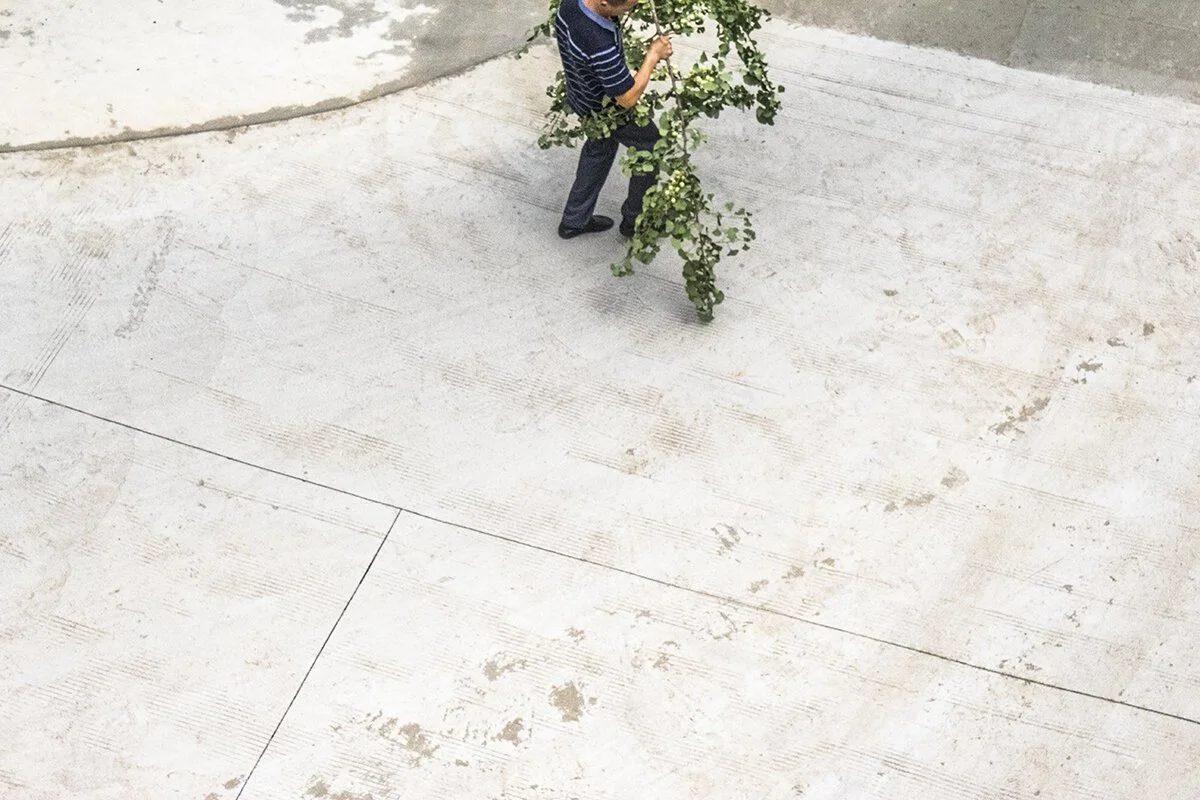
Crocodile
By Simon Gardner
Malta. An escape from clawing 6 a.m. fingernails. In my romanticising of the mundane—the fountainhead fleeing the future.
St Paul's Bay. The town on the map we had pinned through the heart was nothing to everyone there. At least on first appearances. Just another place relinquished to the economics of foreign flags. Relinquished to me. By night we were lulled awake by fellow Brits with more youthful constitutions, half-cut in the street, aggressively familiar but somehow warming in the coolest of senses. It felt peculiar to be travelling for the first time, in our lives at least, as outsiders in the European Union. Nothing had actually changed, save for paperwork and ideas and intentions, but suddenly we were outliers.
The bookshop on Tourist Street. Behind the counter the owner was dressed in a scruffy Manchester United football shirt drinking from a can of cider—his assistant, a beer—as he reeled off stories of working for the Maltese government. As we browsed and listened, you could I hope forgive my skeptical eyes as he spun a web of a life where he'd been fêted in Tashkent, lived like a king in Moscow, had children who were lawyers and doctors working all over the world. Of all this, to my shame, I was eventually sure. Drink in hand, he told us how we Brits drank too much, but still, he couldn't imagine Malta without us. He said this so warmly, so sincerely, that even as the words fell from his lips, I realised very clearly I couldn't imagine a fellow countryman of mine offering a quid pro quo.
The hotel. Operating under the alarm of an early flight, we behaved something like soon-to-be-recaptured prisoners, dealt a fate to reunite with all that had been escaped from, and holding a determination to enjoy a final moment in the sun. In the hotel bar, there was something ethereal about the assembled nations sitting orderly, watching the crappy live entertainment, knowing and accepting that in the off-season there was nowhere else to be, but like us, finding the joy within it. In-between numbers, guests with their guard down from every country in the world brought the past and future to each other's eyes, like a graph of progress printed on to one side of a Rubik's Cube, and then rotated until it becomes nothing but a question mark.
The terrace. The wind was blowing in hard and cool from the Atlantic over stones soon to be reset for the summer influx. We met a couple from Slovenia. They must have been mid-70s, possessed of infectious energy, a certain we don't give a fuck—skewed in my eyes at least as the power dynamic of old over young, security over place. The connection between them was tangible, electric. He was balding with sharp white hair and wildly magnificent teeth and a laugh that carried over the wind. Dressed in a crisp white shirt and yellow Lacoste tank top that I wished I had the guts to wear, he bore an unnerving resemblance to the toothy crocodile embroidered on his breast. She was deferential, but only to him, and her square-framed eyeglasses held an unmovable confidence as he regaled us with stories of their trips to Argentina, Germany, England, Japan, Everywhere.
Ljubljana. You must come he said, as four glasses clinked in semi-darkness. The conceit of this conversation was each party's acceptance of the transaction taking place, the battle for power, dominance, the surfacing of egos, and so we gave our places, our experiences, hoping to impart something of worth to them also, or just trying to keep up as the cigarette smoke and alcohol coalesced around us. In the game of travel preening, we were nothing, minnows at the mouth of the crocodile. We forged ahead as we learned these masters of the universe had never once set foot in Africa. We’d driven to Botswana a few years earlier. You should go we said, proselytizing like we worked for the tourist board. His laughter petered out, lips tugging down involuntarily, gleaming eyes newly dulled and scattering on the ground, hitting her occasionally like search lights. She took a breath in and smiled underneath her glasses, growing in stature with the night. "Oh we couldn't . . ." she said.
The room. A short hop before a 6 a.m. alarm call. I worried about where my passport was.
——————————————————
——————————————————
Simon Gardner is a writer from the United Kingdom. His nonfiction has appeared in The Atlantic, Existere, New Republic, Los Angeles Review of Books, The Outline and others. His short fiction and poetry (as AN Grace) has been published in literary magazines and anthologies including Brushfire, Queen's Quarterly, MONO, Sein und Werden, Young Magazine and The Needle Drops... Volume One.